China's state-run newspaper, "Korea, China and Japan should cooperate in economic trade during the Trump era."
이미지 확대 보기
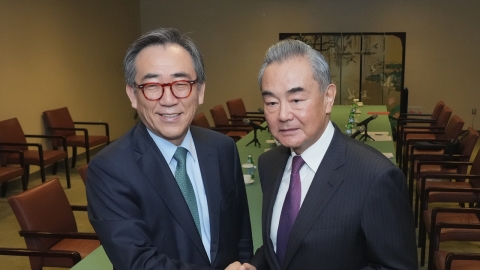
Following a series of foreign ministers' contacts with South Korea and Japan, China sent a conciliatory message through state media that economic cooperation between the three countries has become important in the "second Trump period."
China's state-run English-language media Global Times said in a commentary on the 26th, "It is urgent for China, Japan, and South Korea to make a new breakthrough in economic and trade cooperation amid uncertainties in U.S. trade policy and the rise of trade protectionism."
"Such cooperation is essential not only for the coordination, restructuring, and future development of industrial networks in the region, but also for the protection of multilateral trade systems and the acceleration of regional economic integration," he said.
In particular, he stressed that the rise of U.S. trade protectionism will put tremendous pressure on Korean companies, citing the Korea Employers Federation's announcement that 82% of Korean companies responded that "the Trump administration's strengthening trade protectionism will have a greater negative impact on the Korean economy, which is highly dependent on exports."
"The key to solving this problem may be strengthening economic and trade cooperation with other major trading partners," the Global Times said. "In this context, accelerating the development of free trade zones in China, Japan, and Korea presents significant strategic opportunities for Korea."
"From an economic complementarity point of view, there is huge potential for cooperation between the three countries," he said. "Although it seems to be a competitive relationship in the manufacturing sector, each country has its own strengths in the manufacturing sector, so win-win cooperation is still possible with a large regional industrial network."
If China's wide market, comprehensive industrial system and technological innovation capabilities, Japan's strong technological foundation and advanced manufacturing, and Korea's competitiveness in electronics and automobile manufacturing are combined, "the three countries will be able to further strengthen the stability and competitiveness of industrial and supply chains in the region by promoting optimization of resource allocation."
This message from China's state-run media also came after Wang Yi, the head of the Central Foreign Affairs Office of the Communist Party of China, had a telephone conversation with South Korean Foreign Minister Cho Tae-yeol on the 24th and a face-to-face meeting with Japanese Foreign Minister Takeshi Iwaya on the 25th, respectively."China is willing to promote mutual understanding and trust in accordance with the principle of mutual benefit and win-win," Chief Minister Wang
said in a phone call with Minister Cho on the 24th. "As the volume of trade between China and South Korea continues to expand and the interests of the two countries are further fused, it shows that there is a solid foundation and wide space for bilateral economic and trade cooperation."
The next day, he also stressed 'mutual trust' to Foreign Minister Iwaya and suggested, "We should discover the potential for cooperation in emerging areas and protect the trade and investment environment of stability and fairness and openness of global industries and supply chains together."
※ 'Your report becomes news'
[Kakao Talk] YTN Search and Add Channel
[Phone] 02-398-8585
[Mail] social@ytn.co.kr
China's state-run English-language media Global Times said in a commentary on the 26th, "It is urgent for China, Japan, and South Korea to make a new breakthrough in economic and trade cooperation amid uncertainties in U.S. trade policy and the rise of trade protectionism."
"Such cooperation is essential not only for the coordination, restructuring, and future development of industrial networks in the region, but also for the protection of multilateral trade systems and the acceleration of regional economic integration," he said.
In particular, he stressed that the rise of U.S. trade protectionism will put tremendous pressure on Korean companies, citing the Korea Employers Federation's announcement that 82% of Korean companies responded that "the Trump administration's strengthening trade protectionism will have a greater negative impact on the Korean economy, which is highly dependent on exports."
"The key to solving this problem may be strengthening economic and trade cooperation with other major trading partners," the Global Times said. "In this context, accelerating the development of free trade zones in China, Japan, and Korea presents significant strategic opportunities for Korea."
"From an economic complementarity point of view, there is huge potential for cooperation between the three countries," he said. "Although it seems to be a competitive relationship in the manufacturing sector, each country has its own strengths in the manufacturing sector, so win-win cooperation is still possible with a large regional industrial network."
If China's wide market, comprehensive industrial system and technological innovation capabilities, Japan's strong technological foundation and advanced manufacturing, and Korea's competitiveness in electronics and automobile manufacturing are combined, "the three countries will be able to further strengthen the stability and competitiveness of industrial and supply chains in the region by promoting optimization of resource allocation."
This message from China's state-run media also came after Wang Yi, the head of the Central Foreign Affairs Office of the Communist Party of China, had a telephone conversation with South Korean Foreign Minister Cho Tae-yeol on the 24th and a face-to-face meeting with Japanese Foreign Minister Takeshi Iwaya on the 25th, respectively."China is willing to promote mutual understanding and trust in accordance with the principle of mutual benefit and win-win," Chief Minister Wang
said in a phone call with Minister Cho on the 24th. "As the volume of trade between China and South Korea continues to expand and the interests of the two countries are further fused, it shows that there is a solid foundation and wide space for bilateral economic and trade cooperation."
The next day, he also stressed 'mutual trust' to Foreign Minister Iwaya and suggested, "We should discover the potential for cooperation in emerging areas and protect the trade and investment environment of stability and fairness and openness of global industries and supply chains together."
※ 'Your report becomes news'
[Kakao Talk] YTN Search and Add Channel
[Phone] 02-398-8585
[Mail] social@ytn.co.kr
[Copyright holder (c) YTN Unauthorized reproduction, redistribution and use of AI data prohibited]
Editor's Recomended News
-
[Weather] When the smog is relieved, it's very cold again...Heavy snow on the west coast amid cold weather warning
![[Weather] When the smog is relieved, it\'s very cold again...Heavy snow on the west coast amid cold weather warning](//image.ytn.co.kr/general/jpg/2024/1227/202412270105055177_h.jpg)
-
Moderate drinking, good for depression...The more you drink, the greater the risk of suicide.

-
Another overturned "humidifier disinfectant"... "I can't punish you like SK, Aekyung, and Oxy."
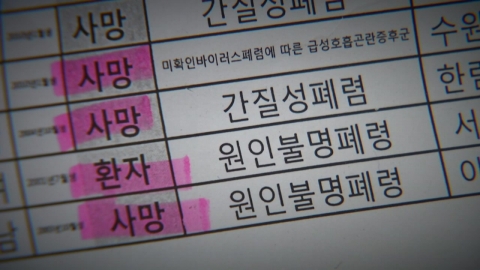
The Lastest News
-
재생
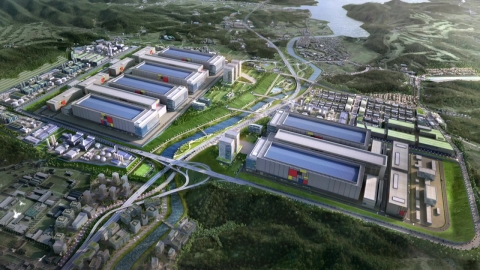 Yongin Semiconductor National Industrial Complex Plan Approved 3 Months Early Yesterday
Yongin Semiconductor National Industrial Complex Plan Approved 3 Months Early Yesterday -
재생
 Overturning a 1t truck on the freeway...a collision with a car that was changing lanes
Overturning a 1t truck on the freeway...a collision with a car that was changing lanes -
재생
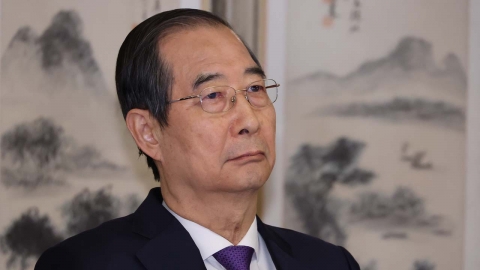 Minju proposes impeachment...a vote as early as today
Minju proposes impeachment...a vote as early as today -
재생
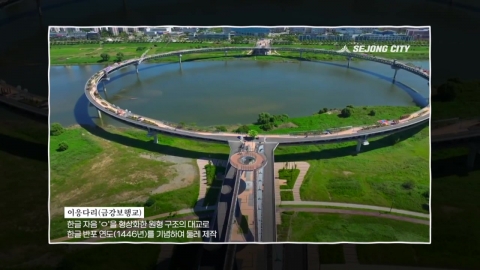 The final selection of 13 cultural cities in Korea...260 billion won spent for three years.
The final selection of 13 cultural cities in Korea...260 billion won spent for three years.
![[Weather] When the smog is relieved, it\'s very cold again...Heavy snow on the west coast amid cold weather warning](http://image.ytn.co.kr/general/jpg/2024/1227/202412270105055177_h.jpg)







